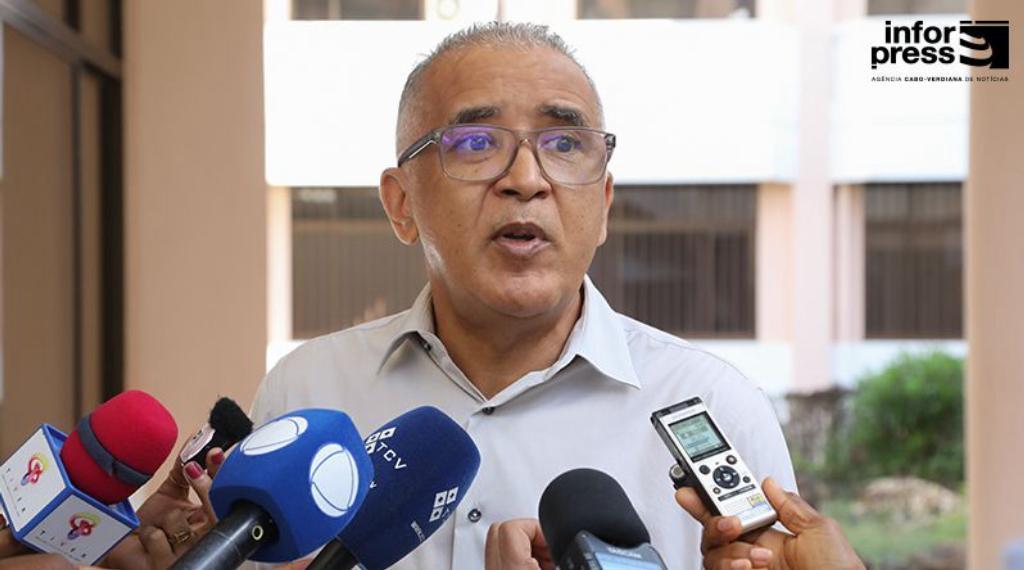Africa-Press – Cape verde. Cape Verde registers approximately 240 premature births per year and has managed to save 80.8 percent (%), which translates to a mortality rate of about 1.1%, said António Cruz, a neonatology specialist.
The doctor made these remarks to the press on the sidelines of a meeting held today in Praia by the Ministry of Health to mark World Prematurity Day, November 17th.
“We have made considerable gains in this aspect. Our infant mortality rate since independence was around 108,000 children born per thousand until they reached adulthood. Currently, for every thousand born, we have only 10.8 cases,” he said, stating that Cape Verde is among the best-ranked countries in Africa and the first on the continent in terms of infant mortality.
Despite the data and the country’s situation at the African level, António Cruz acknowledges that Cape Verde faces a global problem: premature infant mortality. He emphasizes that infant mortality is more concentrated in the neonatal period, where babies often fail to survive the first few days of life.
According to the neonatal specialist, children born before 28 weeks and weighing less than 100 milligrams are considered extremely premature.
In Cape Verde, he says, specialists strive to save premature babies, ensuring quality of life and preventing long-term consequences.
“We have about 240 premature babies per year, and in the last 13 years we have had 3,001 premature newborns. So we managed to save 80.8%, totaling a survival rate of 19.1%,” he said, considering the survival rate “very good for the country.”
According to the specialist, of the 47,750 children born up to October of this year, they managed to save 98.1%, which translates to a mortality rate of around 1.1% in the last 13 years.
“We are on the right track and we have to do more. The problem of prematurity is not limited to prematurity itself. It is something that we often cannot control. These are problems that are often cultural and related to the abuse of alcohol, tobacco and other drugs,” he explained.
A poorly controlled pregnancy, he said, with risks due to hypertension, stress, early pregnancy and after 40 years of age, are the ones that most cause premature birth, hence the challenge for mothers to seek prenatal care and follow-up.
“Each mother should have at least eight prenatal appointments. With this we can considerably reduce premature births,” he clarified.
Asked if the hospital has the necessary conditions, both in terms of human and material resources, to treat these premature babies, António Cruz replied that the hospital has the necessary conditions to help them win the battle.
“We have acquired more equipment. At the moment we have five doctors in the neonatal unit, ventilators and enough incubators to help the premature babies who are born,” he specified.
For More News And Analysis About Cape verde Follow Africa-Press






